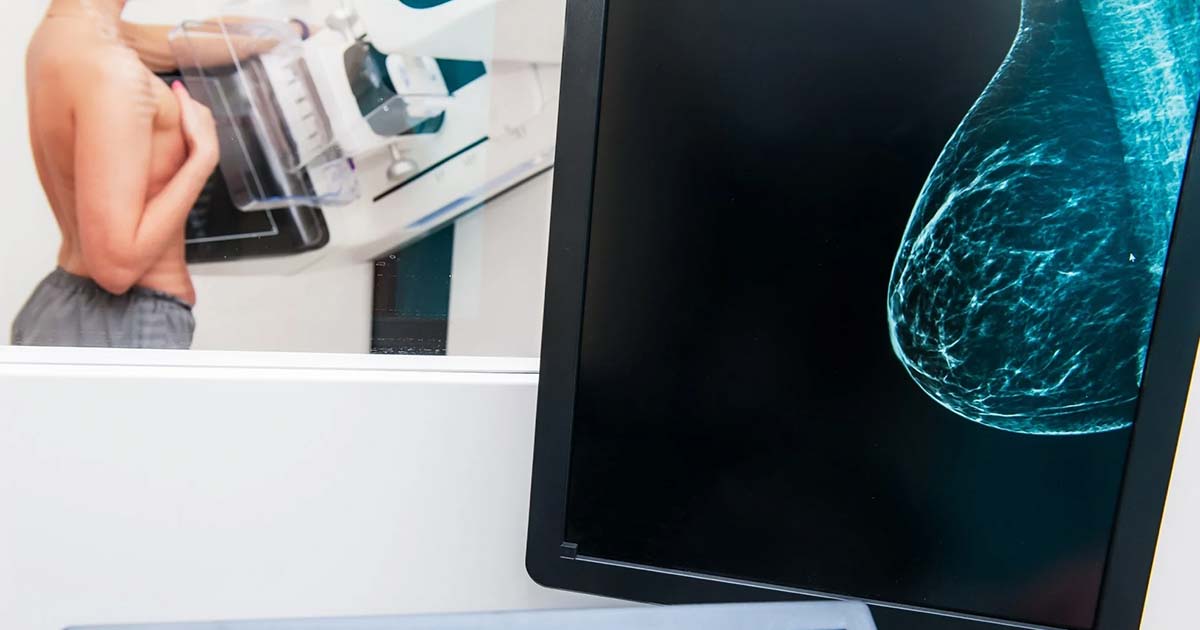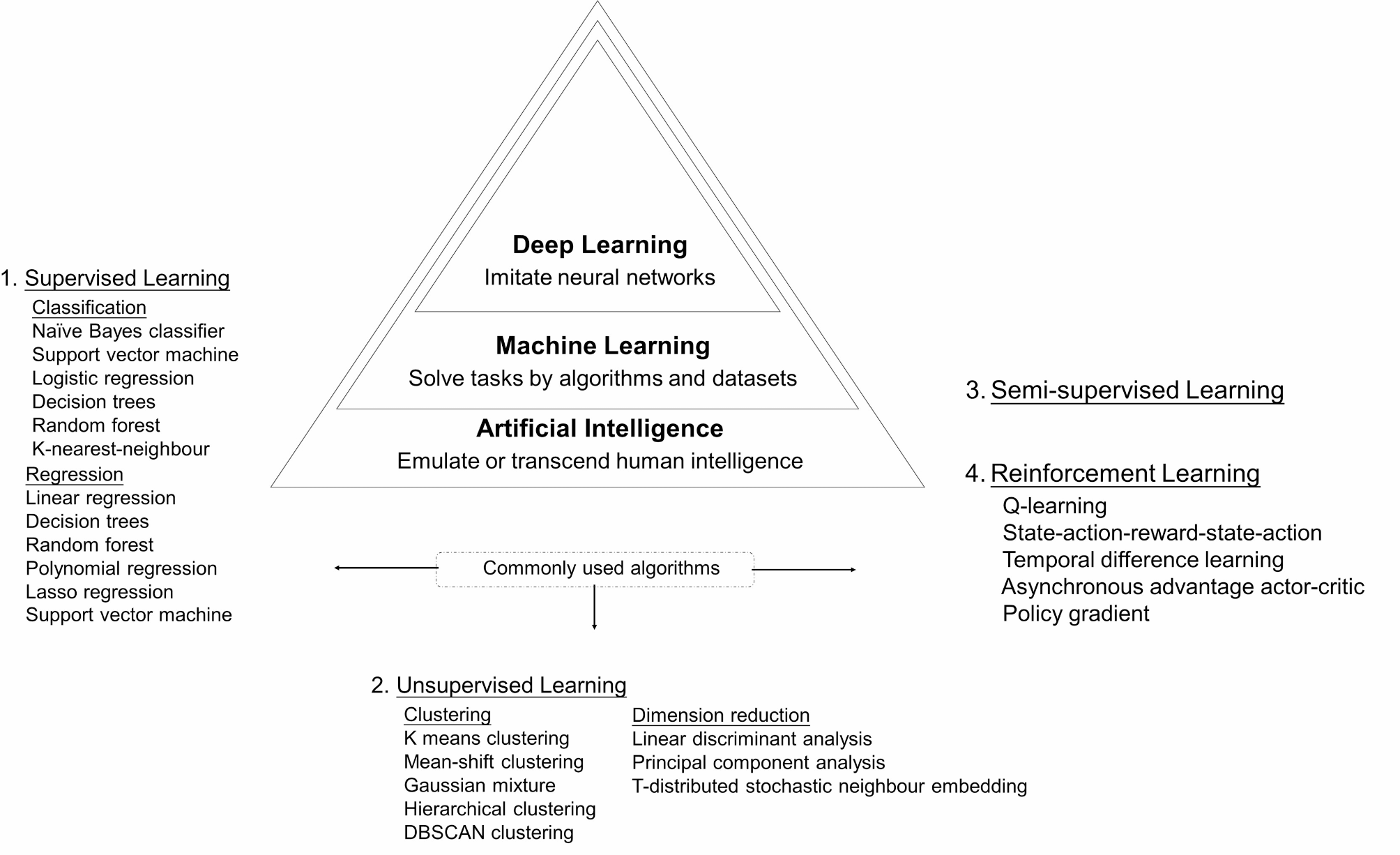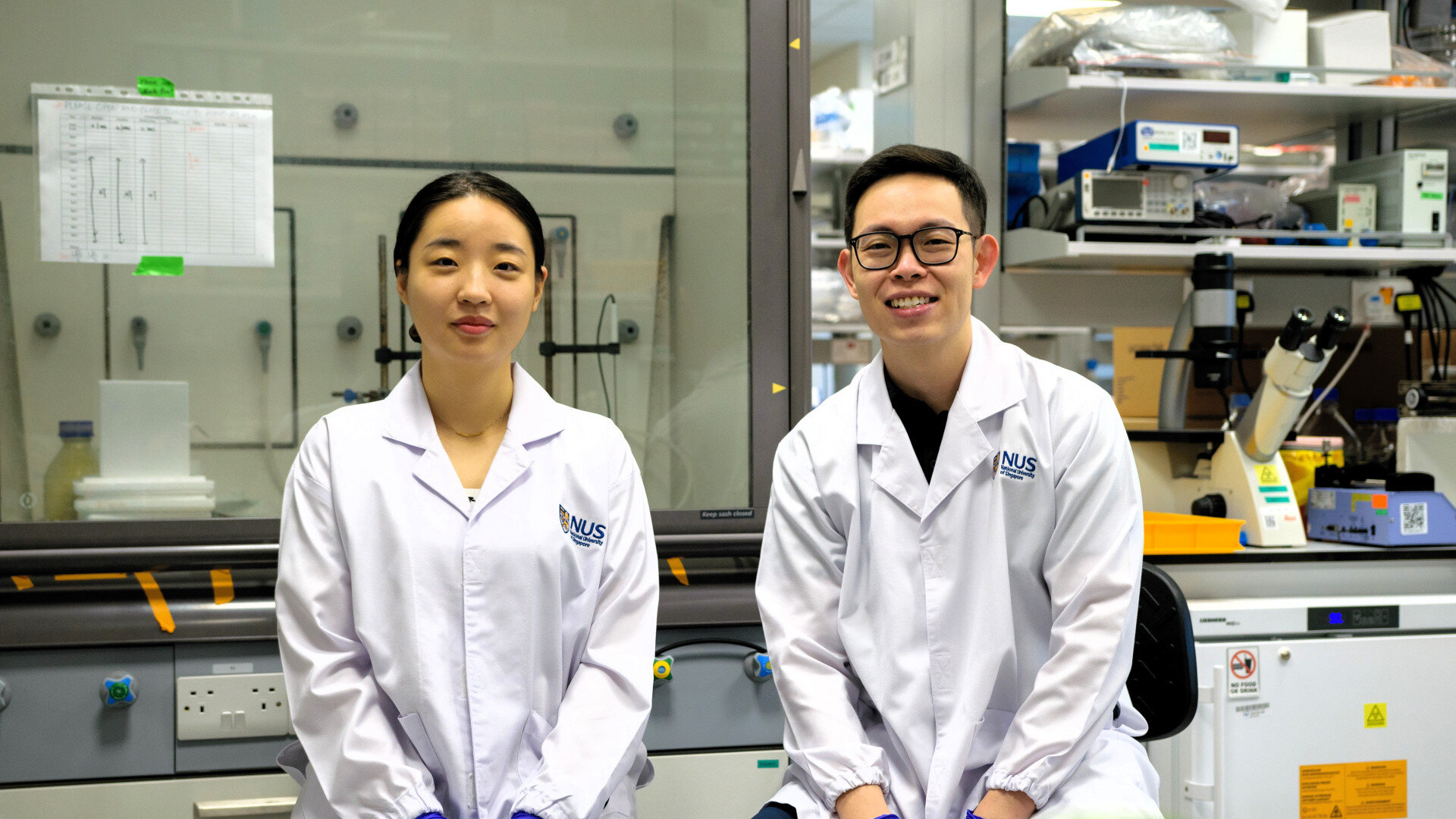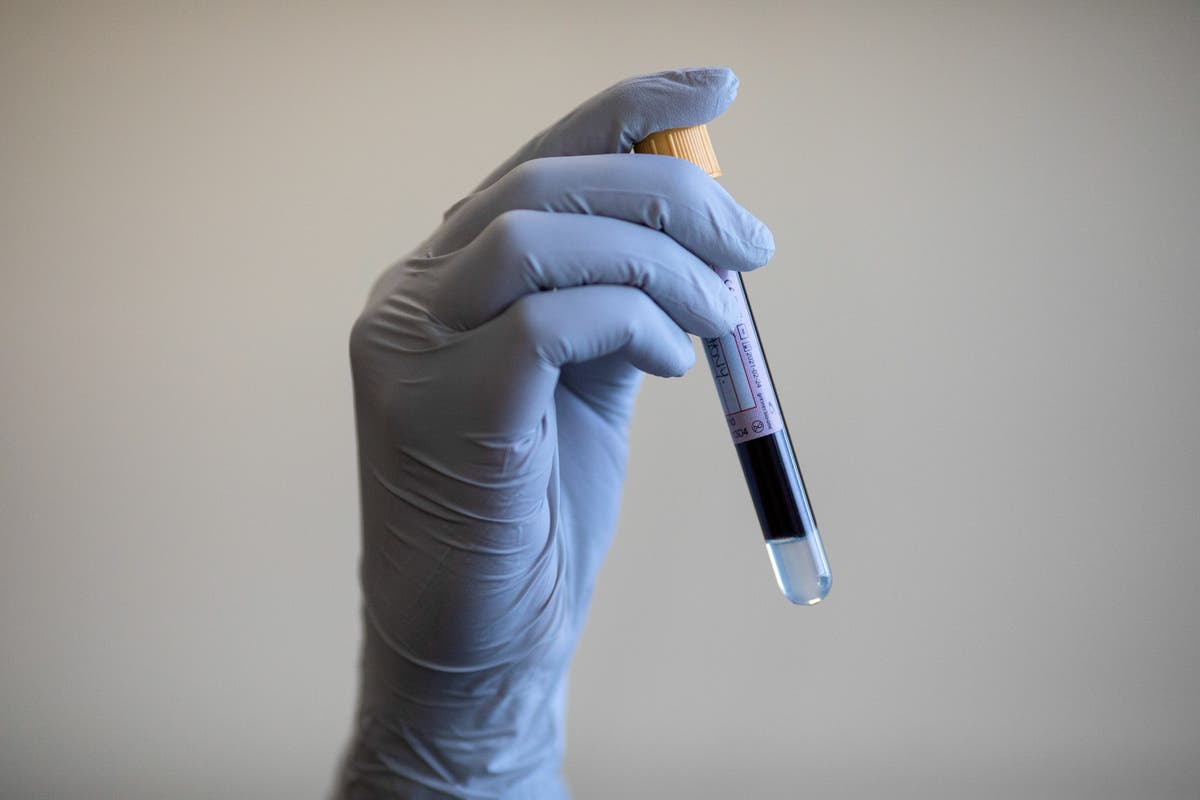AI & Machine Learning
-
Facebook
-
Twitter
-
Linkedin
AI and advanced technology are transforming cancer care by enabling earlier detection, personalized treatment plans, and more accurate diagnostics through machine learning and data analysis. Innovations like robotic-assisted surgery, AI-driven drug discovery, and remote patient monitoring improve treatment precision and accessibility, enhancing overall patient outcomes.

Wales and Northern Ireland work together on groundbreaking cancer innovation projects | Welsh Government
Five innovative projects across Wales and Northern Ireland have been awarded a share of £1 million to develop technology to reduce waiting times and improve outcomes for cancer patients.
Read More »
AI-powered breast screening helps women detect breast cancer early
A casual stroll down San Francisco’s Union Street in early January led 38-year-old Jenna Williams to a life-saving discovery.

AI detects breast cancer years before diagnosis from mammograms
AI breakthroughs detect breast cancer 5 years early, revolutionizing diagnostics and offering hope for millions worldwide.

The clinical application of artificial intelligence in cancer precision treatment – Journal of Translational Medicine
Background Artificial intelligence has made significant contributions to oncology through the availability of high-dimensional datasets and advances in computing and deep learning. Cancer precision medicine aims to optimize therapeutic outcomes and reduce side effects for individual cancer patients. However, a comprehensive review describing the impact of artificial intelligence on cancer precision medicine is lacking. Observations By collecting and integrating large volumes of data and applying it to clinical tasks across various algorithms and models, artificial intelligence plays a significant role in cancer precision medicine. Here, we describe the general principles of artificial intelligence, including machine learning and deep learning. We further summarize the latest developments in artificial intelligence applications in cancer precision medicine. In tumor precision treatment, artificial intelligence plays a crucial role in individualizing both conventional and emerging therapies. In specific fields, including target prediction, targeted drug generation, immunotherapy response prediction, neoantigen prediction, and identification of long non-coding RNA, artificial intelligence offers promising perspectives. Finally, we outline the current challenges and ethical issues in the field. Conclusions Recent clinical studies demonstrate that artificial intelligence is involved in cancer precision medicine and has the potential to benefit cancer healthcare, particularly by optimizing conventional therapies, emerging targeted therapies, and individual immunotherapies. This review aims to provide valuable resources to clinicians and researchers and encourage further investigation in this field.

New breakthrough in cancer research offers hope for early detection
Scientists have developed a novel method for early cancer detection, potentially increasing survival rates through earlier interventions.

Prostate cancer and AI: The exciting advances that could transform treatment
Exploring how artificial intelligence is revolutionizing prostate cancer treatment, from early detection to personalized therapy plans.

Pfizer announces successful trial results for colorectal cancer drug
Pfizer’s latest clinical trial shows promising results for its new colorectal cancer drug, marking a significant advancement in treatment options.

Video games could accelerate discoveries in cancer research
Cancer research is complex, but video games can help. Jeff Yoshimi believes gamers can contribute to scientific breakthroughs.

Triangulate Labs uses AI for skin cancer detection device – South Florida Business Journal
Last year, it entered into a licensing agreement with the Mayo Clinic to test its technology.

Bayers posts Phase 3 win for hot flashes drug (BAYRY:) (BAYRY) | Seeking Alpha
Bayer (BAYZF) (BAYRY) says elinzanetant, its experimental therapy for hot flashes, reached the main goals in a late-stage trial. Read more here.

AI increases chances to detect breast cancer, study finds
Researchers have indicated the use of AI in breast cancer screening increases the chances of detecting the disease. There have been claims that AI could Researchers have indicated the use of AI in breast cancer screening increases

AI shows promise in detecting brain cancer spread
AI shows promise in detecting brain cancer spread

Blood test shows promising results in detecting cancer early, study says
The so-called liquid biopsy analyses DNA in the blood to detect subtle signs of cancer.

AI detects ovarian cancer better than human doctors: Study
AI based models achieved an accuracy rate of 86% for detecting ovarian cancer, compared to 82% for human experts.

AI lasers may help detect breast cancer very early
Detecting breast cancer in its very early stages is often difficult with traditional mammograms, but a promising new technology could change that. Scottish researchers have combined artificial intelligence (AI) with advanced laser analysis to identify subtle changes in blood that may indicate the earliest signs of breast cancer. This breakthrough, published in the Journal of Biophotonics, […]






